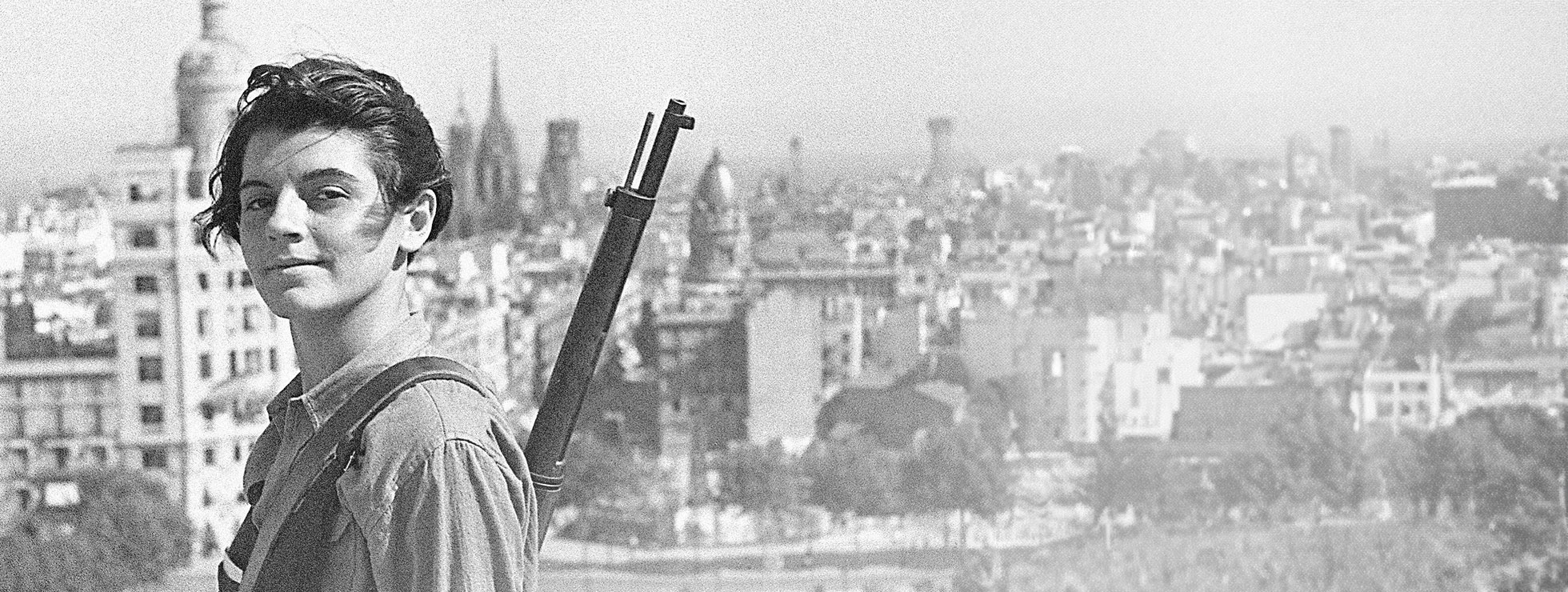
Die Konferenz wurde ausgerichtet vom Institut für historische Sozialforschung (IHSF Wien), dem Institut für Zeitgeschichte der Universität Wien, der International Rosa Luxemburg Society und der Nord Universitet Bodø und fand vom 20.-22. Juni 2024 statt.
Die Eröffnungsveranstaltung am Donnerstag, dem 20. Juni fand in der Skylounge, Oskar Morgenstern-Platz 1, 12. Stock, 1090 Wien statt. Das Programm des Freitag, 21. Juni und Samstag, 22. Juni fand im Dachgeschoß-Saal der VHS Urania, Urania-Straße 1, 1010 Wien statt.
Vorträge und Diskussionen fanden auf großteils auf Englisch, teilweise auf Deutsch statt.
Die Arbeiterbewegung unternahm in den Jahren vor dem Ersten Weltkrieg erhebliche Anstrengungen, einer Eskalation der Internationalen Politik entgegenzuwirken. Tatsächlich mussten im jeweiligen historisch-politischen Kontext ihrer Zeit zahlreiche einflussreiche Theoretiker:innen der Linken, die beispielsweise strikt gegen einen Waffengang der Europäischen Mächte eintraten, den Standpunkt vertreten, Gewalt sei „[dort das] Mittel der Offensive […], wo das gesetzliche Terrain des Klassenkampfes erst zu erobern ist.“ (Rosa Luxemburg, 1902). Vor dem Hintergrund dieses scheinbaren Widerspruches geht die Konferenz in Wien der Frage nach linken Positionen zu Gewalt im 19. und 20. Jahrhundert nach.
| 18:00 | Check-in |
|---|---|
| 18:30 | Welcoming Remarks |
| 18:45 | Keynote & Discussion Mark Jones (Dublin): Making the Atrocities Go Away: Reflections on Violence in the German Revolution of 1918–19 |
| 09:00 | Panel 1 Zwischen Gewalterfahrung und Gewaltwahrnehmung / Left Wing Intellectuals and the Question of Violence Chair: Florian Wenninger Mario Kikaš (Bodø): The Cultural Front on the Semi-Periphery: Cultural Workers of Yugoslavia during the Second World War Mari-Leen Tammela (Tallinn): Use(fulness) of Violence in Political Struggle: Views on the Use of Violence in Estonian Left-Wing Newspapers’ Editorial Offices from 1906 to 1914 David Mayer (Vienna): Focus and Ambiguity – The South America Debates on Guerilla Warfare in the Long 1960s |
|---|---|
| 11:00 | Panel 2 Linke Gewaltpraxen / The Left's Use of Violence Chair: Frank Jacob Cristina Diac (Bucharest): Anarchism, Communism or Radical-Left Terrorism? The Bombing of the Romanian Senate in December 1920 André Pina (Porto): The Red Legion: Radical-Left Terrorism in the Portuguese 1st Republic (1919–1925) Monica Quirico (Stockholm/Turin): Between the Strategy of Tension and Second-Wave Feminism: Lotta Continua and the Issue of Violence (1969–197 |
| 13:30 | Panel 3 Strategische und Taktische Beurteilungen von Gewalt / Strategic & Tactical Assessments of Violence Chair: Lucile Dreidemy Nicholas Bujalski (Oberlin, Ohio): ‘Knight of the Proletariat’: Feliks Dzierżyński and the Antinomies of Russian Revolutionary Violence Sean Scalmer (Melbourne): Sabotage and Violence: Historical Transformations Antonio J. Pinto (Malaga): Postcolonialism in Africa and … in Europe? The Algerian Experience and its Influence on Eta (Spain) and IRA (Ulster) in the 1960s |
| 16:00 | Panel 4 Gewaltrezeptionen / Perceptions of Violence Chair: Jowan Mohammed Ottavia dal Maso (Genova): Women Leading Turinese Bread Riots: Between Violence and Spontaneity, August 1917 Kostas Paloukis (Thessaloniki): The Views of the Interwar Communist Party of Greece (KKE) on Revolutionary and Labor Violence Judith Tauber (Ithaka, New York): The Cause of the People: Gauche prolétarienne on Violence and Consensus |
| 09:00 | Panel 5 Linke Intellektuelle und die Gewaltfrage / Left-Wing Intellectuals and the Question of Violence Chair: Charlotte Rönchen David Bernardini (Milan): ‘All the Violence Necessary to Win, but Nothing More’: Errico Malatesta and the Matter of Violence Ari Ofengenden (New Orleans): Kautsky and Trotsky on Terrorism and Communism Ben Lewis (Leeds): Dictatorship, Terror and Sacrifice in Clara Zetkin‘s Thought |
|---|---|
| 11:00 | Panel 6 Erinnerungen an Gewalt / Memories of Violence Chair: Linda Erker Kyra Schmied (Vienna): Gewalt erinnern: Eine feministische Relektüre der Pariser Commune (1871) Linh Vu (Tempe, Arizona): Laboring and Sacrificing Life: Narratives of Brutality in Worker Movements in Early Twentieth-Century China Kumru Toktamis (Brooklyn, New York): Lessons from Historical Praxis of Violently Defeated Left Movements in Chile and Turkey |
| 14:00 | Panel 7 Zur linken Organisation von Gewalt / On Left Organization of Violence Chair: Ben Lewis Paul Dvořak (Vienna): Vom Bellizismus zum Pazifismus? Die französische Linke, der Krieg und die Armee im langen 19. Jahrhundert Chris Ealham (Madrid): ‘All power to the Unions’: The Genealogy of Spanish ‘Anarcho-Bolshevism’ and the Anarcho-Syndicalist Revolutionary Armed Struggle (1917–1936) Sebastian Engelmann (Karlsruhe): Wie lernt die Klasse kämpfen? Gewalt in der proletarischen Pädagogik zu Beginn des 20. Jahrhunderts |